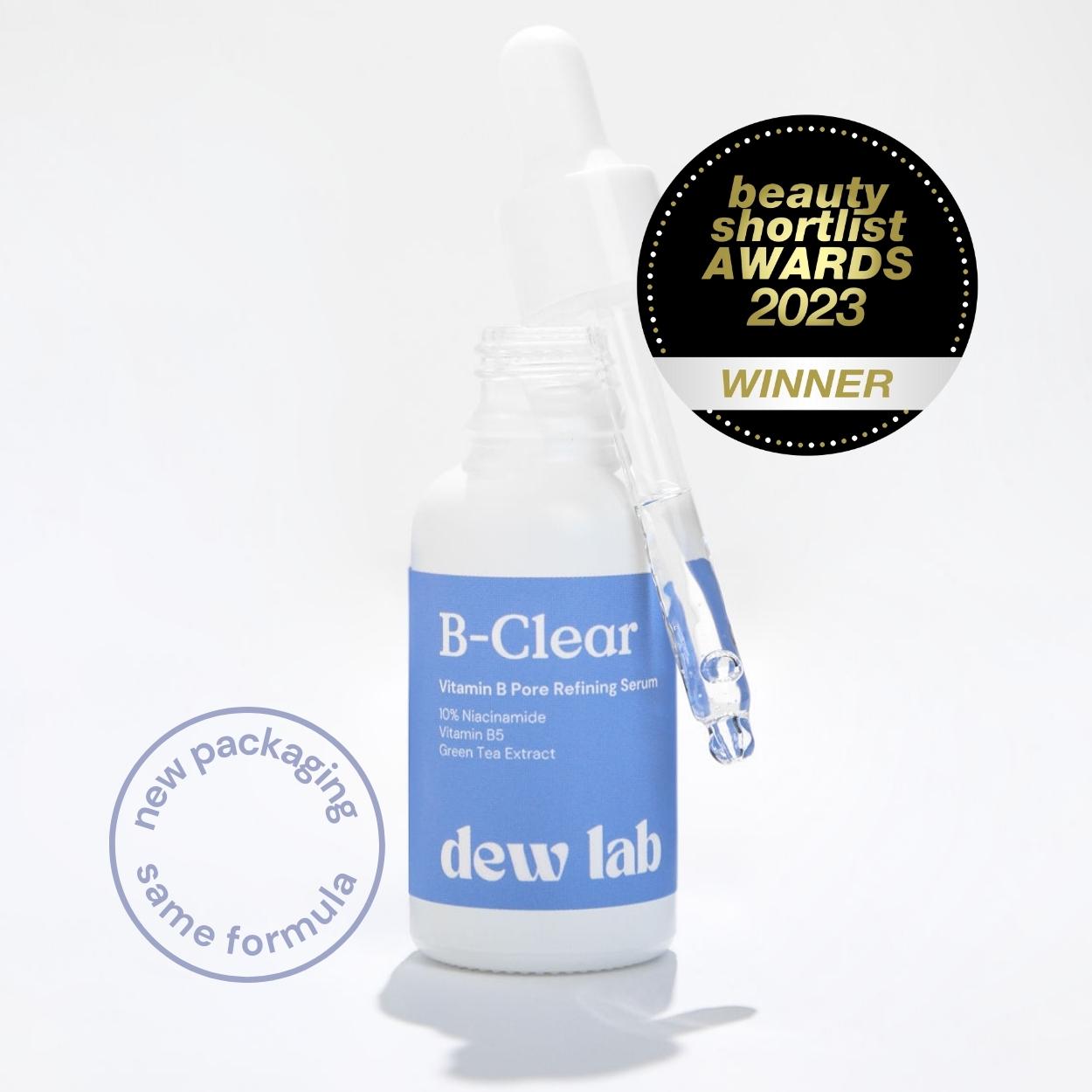Your skin is your body's first line of defence against the outside world. It acts as a protective shield, keeping harmful elements like bacteria and environmental toxins at bay while also retaining moisture to keep your skin looking healthy and radiant. This essential function is carried out by what is known as the skin barrier. In this blog post, we'll delve into what the skin barrier is, how it can become damaged, and provide you with a comprehensive guide on repairing and maintaining a healthy skin barrier.
Understanding the skin barrier
The skin barrier, often referred to as the stratum corneum, is the outermost layer of your skin. It consists of a matrix of lipids (fats) and skin cells, which work together to create a protective barrier. Think of it as the brick-and-mortar structure of your skin, where the skin cells are the bricks, and the lipids are the mortar. This barrier has a few vital functions:
1. Protection: it shields your skin from external aggressors, such as bacteria, pollutants, and uv radiation.
2. Preventing dehydration: the lipid matrix in the skin barrier helps retain moisture within your skin, preventing it from becoming dry and flaky.
3. Maintaining pH balance: the skin barrier plays a role in maintaining the skin's slightly acidic ph, which is important for a healthy skin microbiome and overall skin health.
How the skin barrier becomes damaged
Several factors can disrupt and damage the skin barrier, leading to issues like dryness, sensitivity, and even skin conditions like eczema or psoriasis. Some common culprits include:
1. Overcleansing: excessive use of harsh cleansers or frequent hot showers can strip away the natural lipids in your skin, weakening the barrier.
2. Environmental stressors: exposure to UV radiation, pollution, and harsh weather conditions can compromise the barrier's integrity.
3. Age: as we age, the skin's ability to produce natural lipids decreases, making older individuals more prone to barrier damage.
4. Skin conditions: conditions like eczema or atopic dermatitis are characterised by a compromised skin barrier.
5. Unsuitable products: using skincare products with harsh ingredients or fragrances can irritate the skin and disrupt the barrier.
Repairing and maintaining a healthy skin barrier
Fortunately, it is possible to repair and maintain a healthy skin barrier with the right approach and products. Here's a step-by-step guide to help you do just that:1. Gentle cleansing: choose a mild, soap-free cleanser that won't strip your skin of its natural oils. Cleanse your face no more than twice a day, especially if you have sensitive or dry skin.
2. Hydration is key: properly hydrating your skin is crucial. Opt for a moisturiser that contains ingredients like ceramides, hyaluronic acid, or glycerin, which help reinforce the skin barrier and lock in moisture.
3. Sun protection: uv rays can wreak havoc on your skin barrier. Use a broad-spectrum sunscreen with at least spf 30 daily, even on cloudy days.
4. Avoid harsh products: steer clear of skincare products that contain alcohol, fragrances, or other potential irritants. Look for products labeled as "fragrance-free" or "sensitive skin. "
5. Use barrier-repairing products: consider using skincare products specifically designed to repair the skin barrier. Look for ingredients like niacinamide, fatty acids, or peptide-rich serums.
6. Limit exfoliation: exfoliating too frequently can damage the skin barrier. If you exfoliate, do so no more than once or twice a week, and choose a gentle exfoliant.
7. Humidify your environment: in dry climates or during the winter months, use a humidifier to add moisture to the air. This can help prevent your skin from becoming overly dry.
8. Patience is key: repairing your skin barrier takes time. Be patient and consistent with your skincare routine, and don't expect overnight results.
9. Consult a dermatologist: if you're dealing with severe barrier damage or skin conditions like eczema, it's essential to seek advice from a dermatologist. They can provide personalized recommendations and treatment options.
Your skin barrier plays a crucial role in maintaining healthy, radiant skin. Understanding how it works and what can damage it is the first step in keeping it strong and resilient. By following a gentle skincare routine, avoiding harsh products, and protecting your skin from environmental stressors, you can repair and maintain a healthy skin barrier for years to come, ensuring that your skin looks and feels its best.


